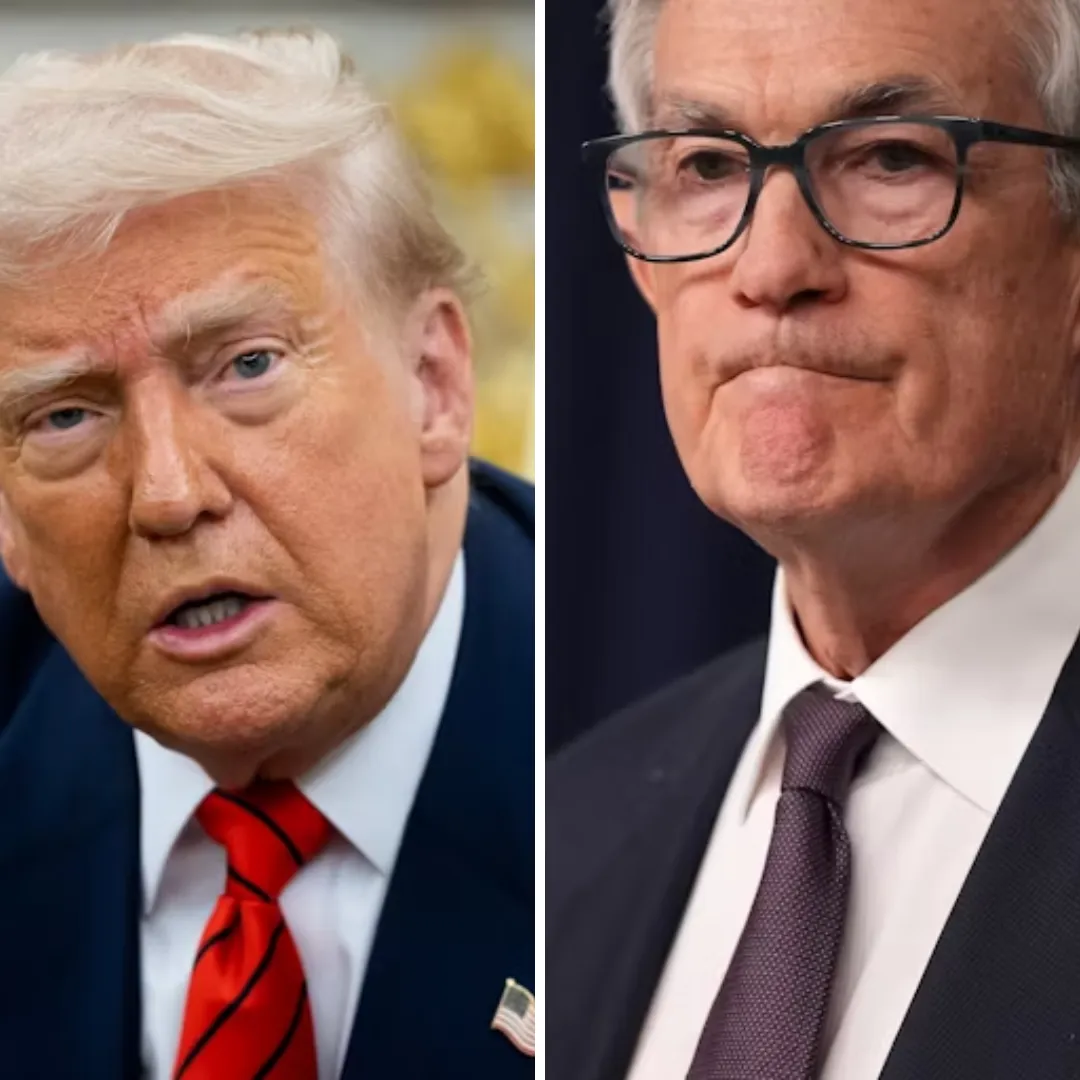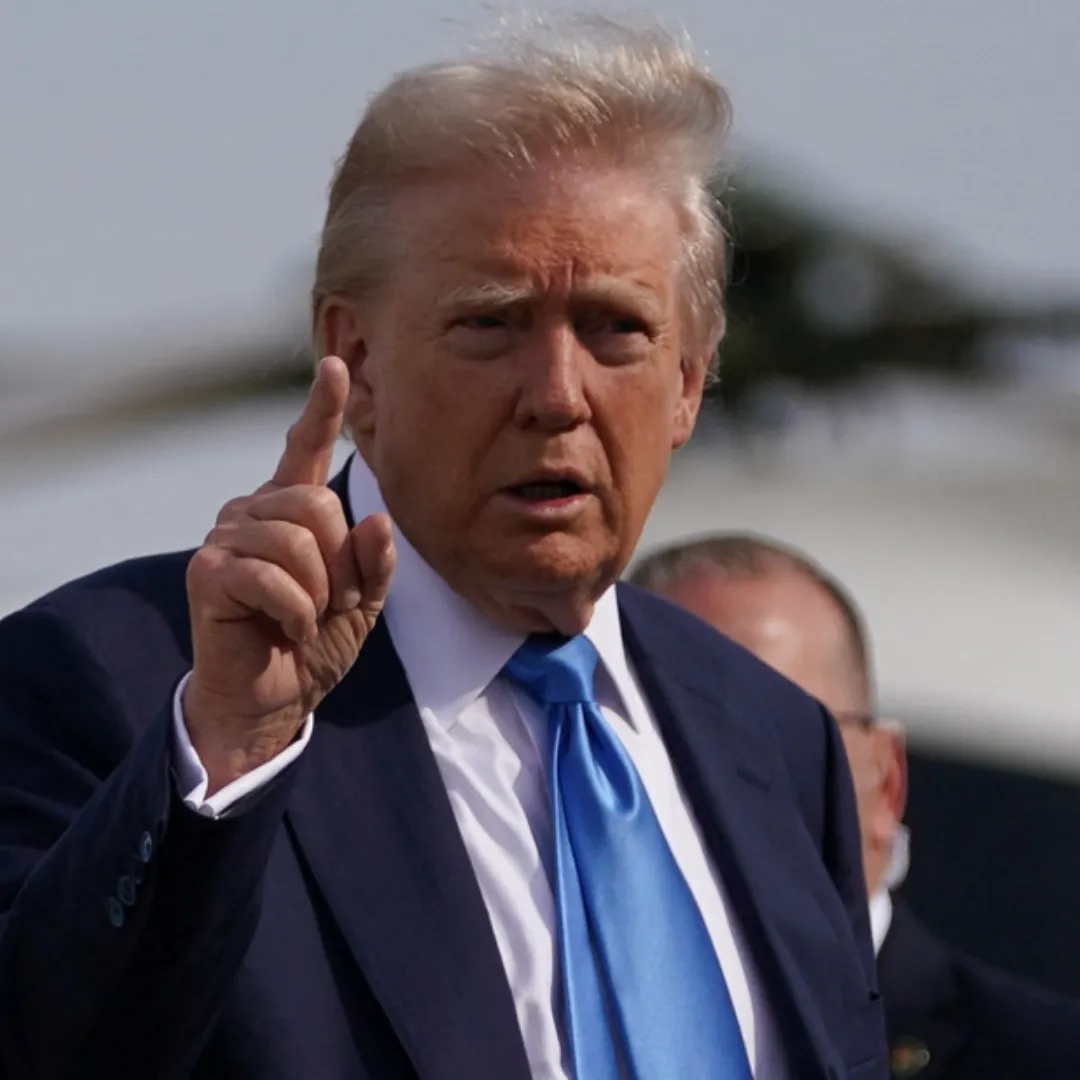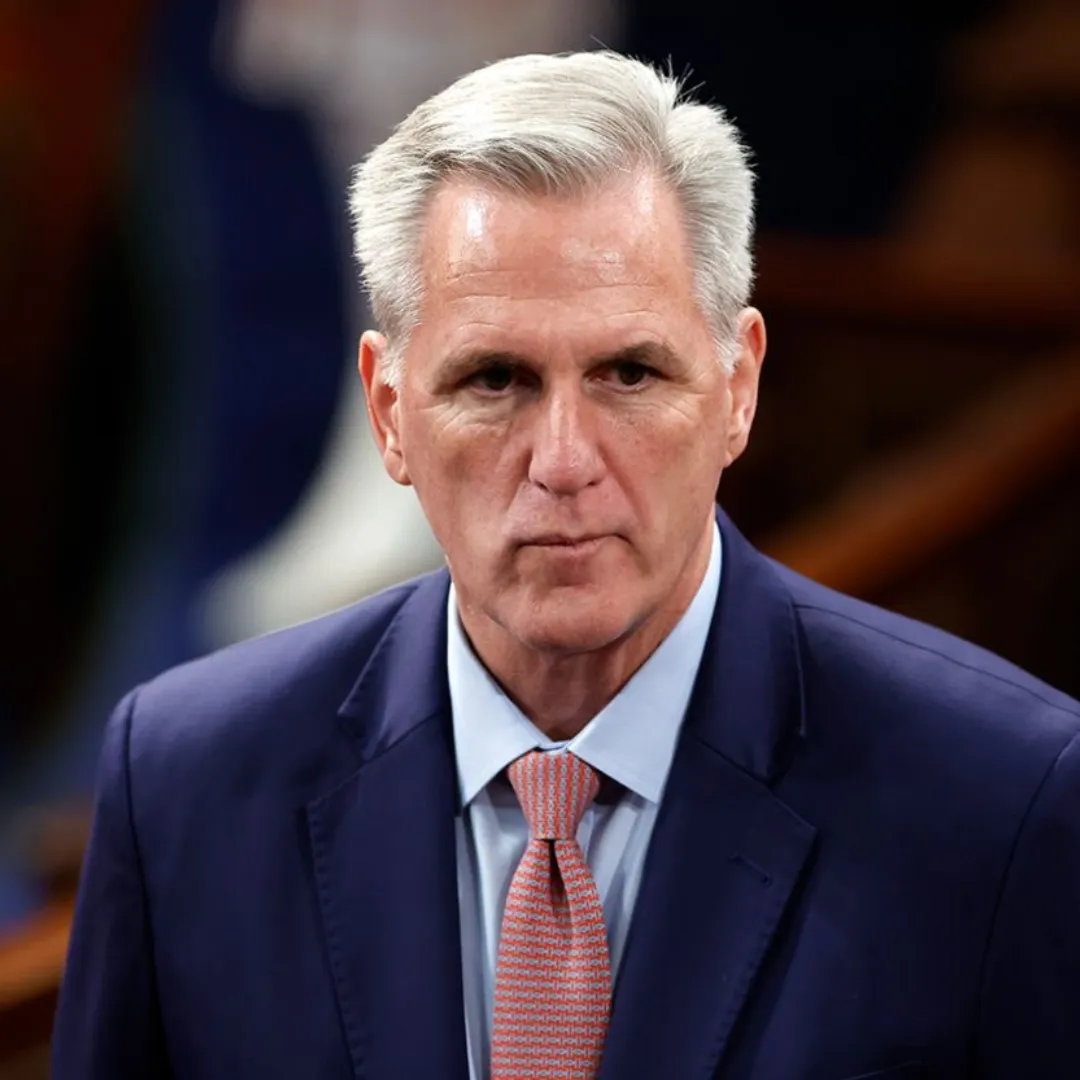
President Donald Trump has launched a fierce attack against recent public opinion polls that show his approval ratings sinking to some of their lowest levels yet, dismissing the surveys as "fake" and calling for an investigation into what he described as fraudulent practices by polling organizations.
Posting on his social media platform Truth Social on April 28, Trump singled out polls conducted by major media outlets, including the New York Times and the ABC News-Washington Post collaboration.
He claimed that these surveys were not only inaccurate but intentionally fabricated by news organizations he described as enemies of his presidency and purveyors of fake news.
"The great pollster John McLaughlin, one of the most respected in the business, has just stated that the New York Times poll and the ABC/Washington Post poll are both fake polls coming from fake news organizations," Trump wrote.
Trump went further, accusing pollsters and media outlets of suffering from what he called "Trump Derangement Syndrome," a term he has often used to discredit critics. "These people should be investigated for election fraud," he added, escalating his rhetoric against polling organizations and mainstream media.
John McLaughlin, whom Trump referenced, is a longtime Republican pollster known for his loyalty to the former president. Over the years, McLaughlin has consistently released surveys showing more favorable numbers for Trump compared to other national polls.
His alignment with Trump's political messaging has made him a fixture within Republican circles, but it has also led some analysts to question the objectivity of his findings.
The president's anger was triggered in part by a recent Washington Post-ABC News poll that found only 39 percent of Americans approved of Trump’s performance. Similarly, a New York Times poll reported an approval rating of 42 percent. Both figures suggest significant dissatisfaction with Trump's leadership during the early months of his second term.
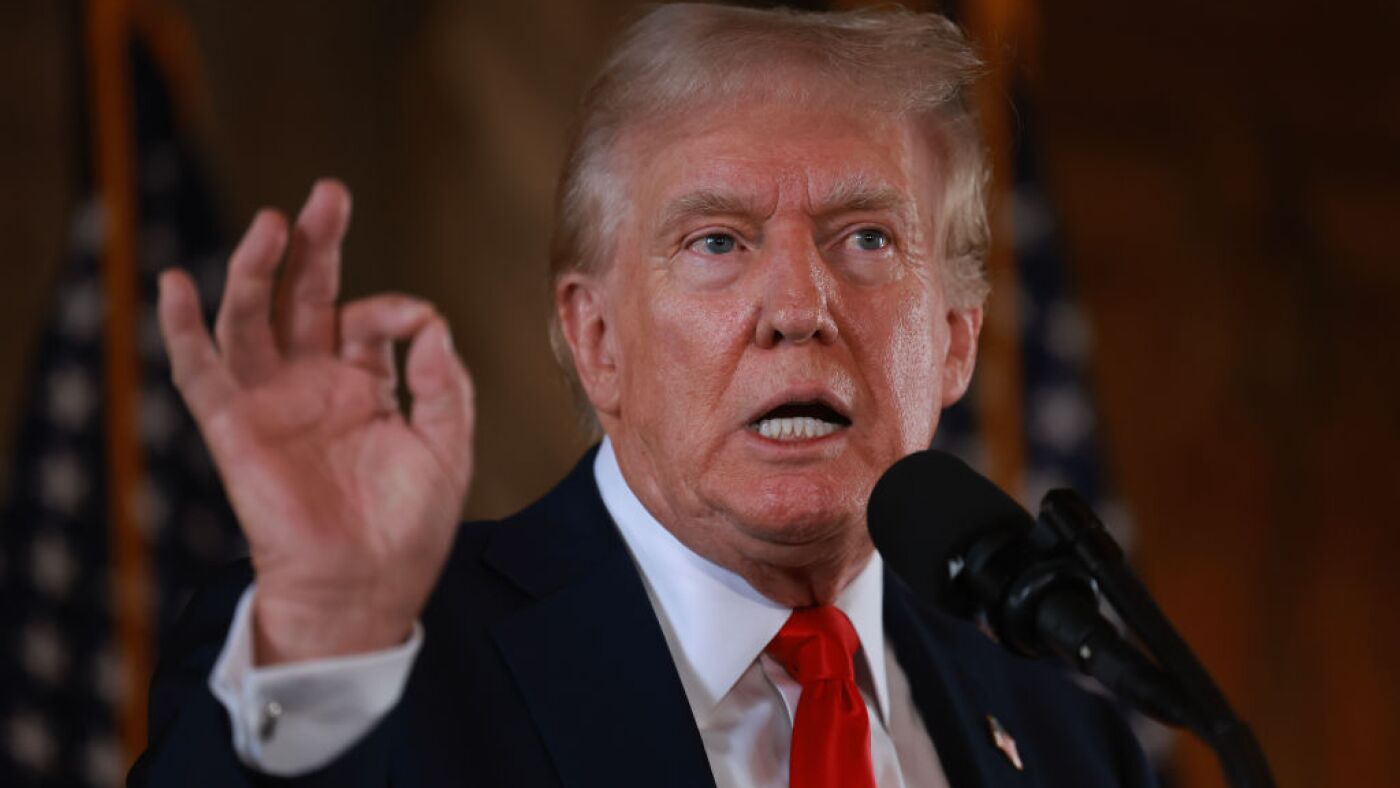
Adding to Trump's frustration, the Washington Post highlighted that more than 40 percent of Americans reported being "very dissatisfied" with the president’s handling of the country’s affairs.
Historical comparisons offer further context to the controversy. According to data from the Pew Research Center, every U.S. president since Ronald Reagan, with the exceptions of Bill Clinton and now Donald Trump, enjoyed approval ratings above 50 percent at the 100-day mark of their presidencies.
Trump’s numbers, by contrast, remain mired in the low 40s, reflecting a divided electorate and persistent concerns about the administration’s direction.
Despite the negative polls, Trump's core base appears to remain largely unaffected. The surveys suggest that while overall approval is low, support among Republican voters and right-leaning independents remains robust.
According to Pew, 70 percent of Republican voters and Republican-leaning independents still approve of Trump's policy of raising tariffs, a signature element of his economic agenda. Meanwhile, opposition among Democrats remains overwhelming, with 90 percent rejecting the administration’s trade policies.
Interestingly, the current approval ratings are not significantly different from the figures recorded during Trump’s first term in office. In 2017, at a similar point in his presidency, Trump's approval numbers were roughly equivalent to today’s figures.
This consistency underscores the entrenched polarization that defines the current American political landscape. The dispute over polling accuracy is not new for Trump.
Throughout his political career, he has frequently dismissed unfavorable polls as fraudulent or biased, often elevating alternative polls that paint a more favorable picture. However, his recent calls for a formal investigation mark a more aggressive stance, implying that polling organizations are not just biased but actively committing election fraud.
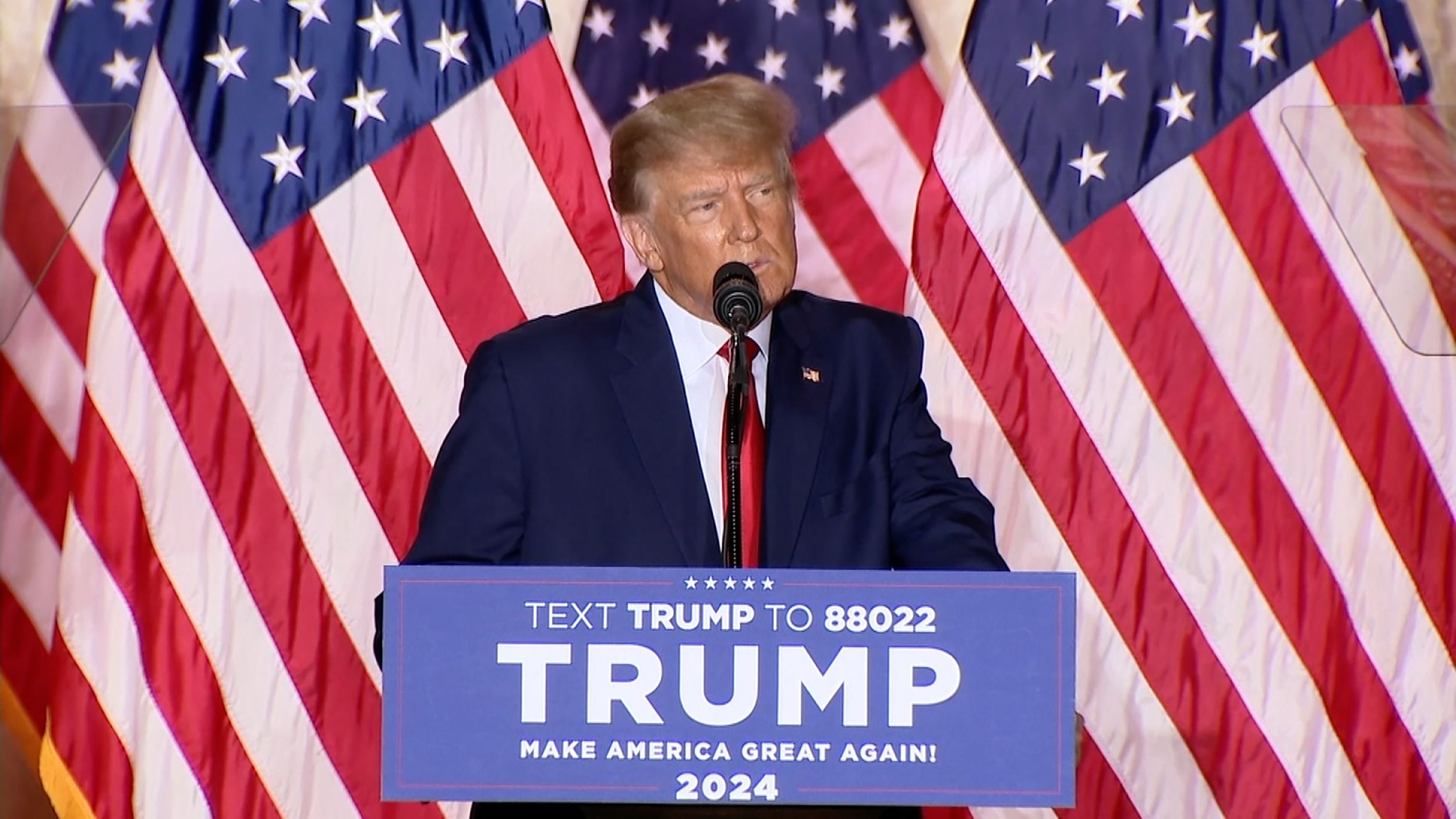
Trump’s demand raises complicated legal and constitutional questions. Polls, while influential in shaping public discourse, are protected as expressions of free speech under the First Amendment.
Accusing pollsters of criminal behavior without concrete evidence could set a dangerous precedent, critics argue, by chilling legitimate research and political expression.
Yet Trump's accusations resonate strongly with his core supporters, many of whom share his distrust of mainstream media and institutional gatekeepers. By attacking the polls, Trump reinforces a narrative that he alone speaks the truth, while the media and political establishment conspire against him.
This narrative is particularly potent at a time when economic uncertainty and international tensions are mounting. Trump's second-term policies, particularly in areas like trade, immigration, and federal spending, have sparked controversy both domestically and abroad.
While supporters applaud what they see as strong leadership, critics argue that the administration’s approach has deepened divisions at home and eroded America’s standing abroad.
The recent polls also highlight a growing unease about the administration's economic policies. Despite strong headline figures like low unemployment and stable GDP growth, many Americans express concerns about rising inflation, increased costs of living, and the unpredictability introduced by Trump's aggressive tariff policies.
In some sectors, particularly agriculture and manufacturing, the impact of retaliatory tariffs from other nations has been painful.
Trump's emphasis on economic nationalism, while popular with a segment of the electorate, has contributed to a pessimistic mood in broader public opinion. The feeling that economic risks are mounting, combined with Trump's combative rhetoric and unconventional governing style, appears to be dragging down overall approval ratings.
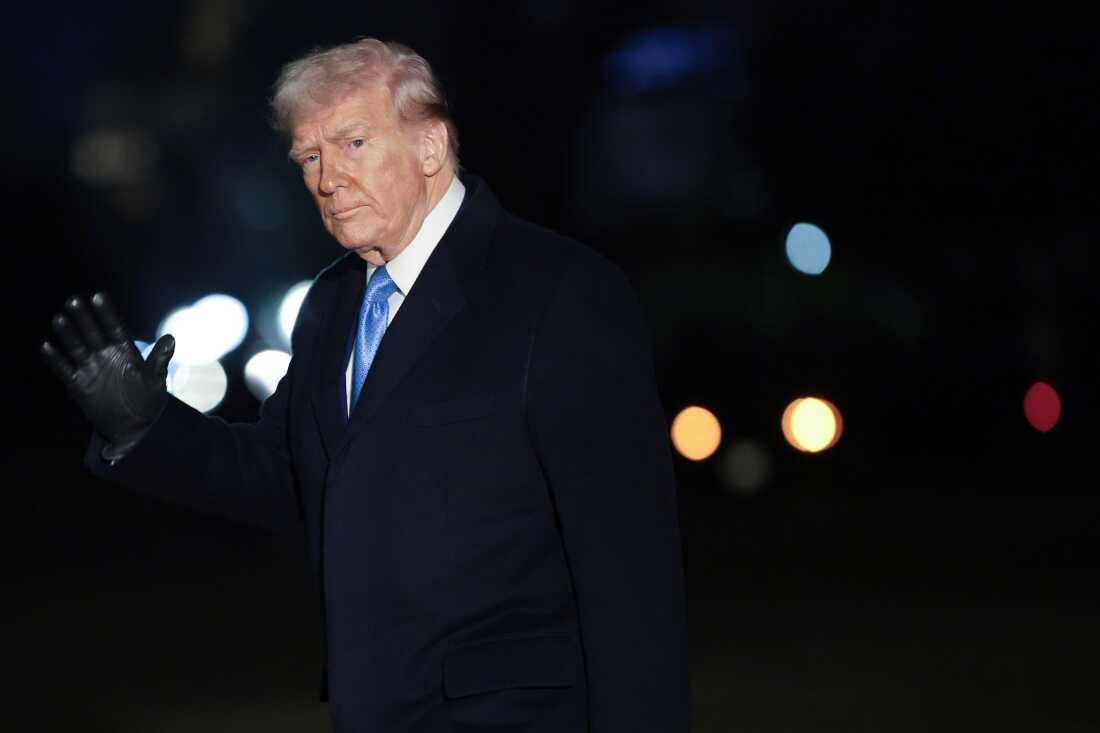
Moreover, the political climate remains charged with partisan hostility. The Pew Research Center notes that political polarization has reached historic levels, with Democrats and Republicans viewing each other not just as political opponents but as existential threats to the nation’s future.
In this environment, approval ratings are less about specific policy successes or failures and more about tribal political identity.
Given this context, Trump's decision to attack the polls may be seen less as an effort to correct supposed inaccuracies and more as a strategic move to solidify his base.
By framing the media and pollsters as corrupt entities working against him, Trump fosters a sense of siege among his supporters, encouraging loyalty and suppressing dissent within his ranks.
At the same time, the tactic carries risks. By dismissing unfavorable data and doubling down on conspiracy theories, Trump risks alienating moderate voters and independents who could be crucial to any future electoral success.
Public fatigue with political drama and outrage may also diminish the effectiveness of constant attacks on institutions.
The controversy over polling comes as Trump’s administration faces mounting challenges. Legislative gridlock, ongoing investigations into alleged executive overreach, and international instability present major hurdles.
Domestically, Democrats continue to press their case against Trump’s policies, while some moderate Republicans show signs of discomfort with the president’s approach.

Meanwhile, the White House has continued to trumpet its achievements, including efforts to renegotiate international trade agreements, reduce regulations, and promote domestic energy production.
Trump officials argue that the administration’s focus on American interests first is beginning to bear fruit, even if the results are not immediately reflected in public opinion surveys.
Whether Trump's strategy of discrediting polls will succeed remains uncertain. History suggests that while political leaders often question unfavorable polls, enduring attacks on the legitimacy of independent research can erode public trust in all forms of information, further complicating governance in an already polarized society.
For now, Trump shows no sign of relenting. His demand for investigations into polling organizations adds yet another layer to an already tumultuous political environment.
As the president gears up for the challenges ahead, it is clear that battles over facts, perception, and legitimacy will continue to define his administration’s relationship with the American public.
In the end, the conflict over polling is emblematic of a deeper crisis of confidence in American democracy itself. As institutions come under attack from all sides, and as trust in government, media, and even basic facts continues to erode, the stakes for the nation could hardly be higher.
